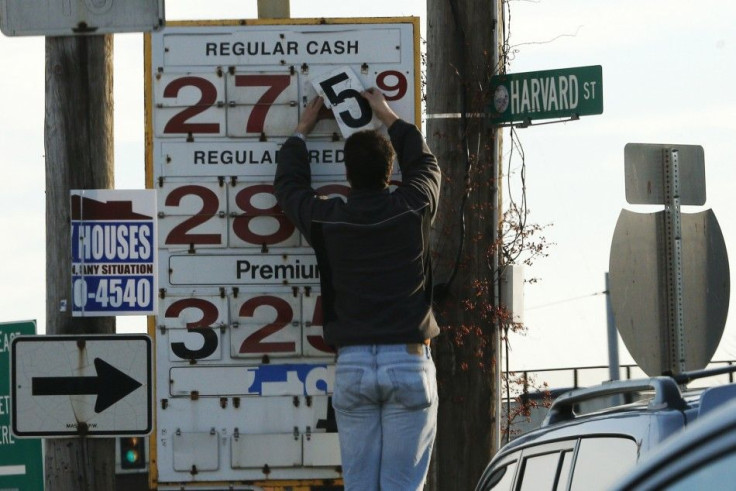Dropping Oil Profits Forces Canada’s Alberta To Implement Cost-Cutting Measures

Alberta Premier Jim Prentice has announced on Monday the provincial government will be enacting cost-cutting measures that will affect the administration's policies on new hires as well as travel and training. Spending in all departments have likewise been limited.
In a news conference on Monday, which was also attended by Finance Minister Robin Campbell, Prentice said his government cannot wait until the spring to act on the very present challenges his administration is already facing. "Sustained low prices are having a significant impact on provincial revenues and we must exercise fiscal discipline and treat taxpayer dollars prudently," he said.
Government departments will only be allowed to new hires if they are really critical to operations. Deputy ministers must ensure they have to sign them off. Purchases of any goods or services are also strictly prohibited unless they are critical. Discretionary grants, travel and training are all put on hold.
As of Monday, the price of a barrel of oil closed at US$55.91. With the continued downfall, Alberta must seek ways to "weather this price trough" given that nobody has an idea "how long this price trough is going to continue... it may go far longer than has been expected," Prentice said.
Prentice hinted the province's resource revenue could drop by as much as $7 billion drop in 2014. Alberta's Health Services, schools, universities, colleges and agencies will also feel the brunt of the cost-saving measures.
The Alberta premier likewise announced the creation of a special committee of cabinet ministers to work on the government's upcoming budget. They will look at economic projections, capital and operating budgets, policy commitments and revenue forecasts.
Alberta received in 2013 over $9-billion in resource royalties, which accounted for 21 percent of its budget. "We will keep our spending in check, ensuring that we operate with balanced budgets, we will tighten our own belts before we ask Albertans to further tighten theirs," he said.
The announcement, Canadian Press said, was less than three weeks after the government adjusted its budget for the remainder of 2014 based on US$75 per barrel of oil. The revised average forecast for the year is now US$88 per barrel. The province had forecast in the March budget that oil will average around US$92 a barrel.





















